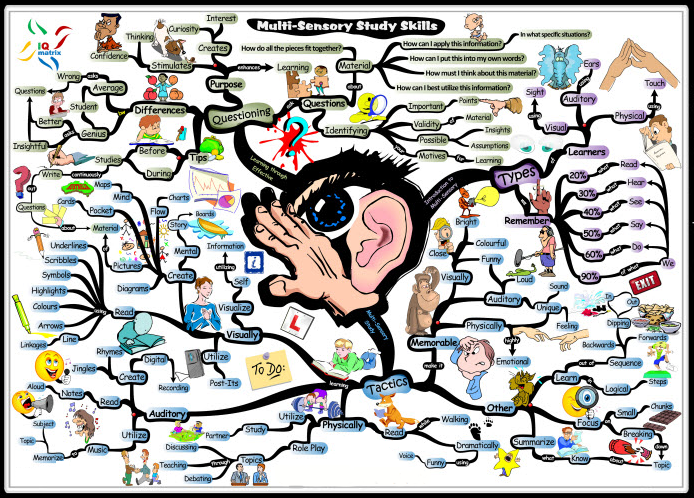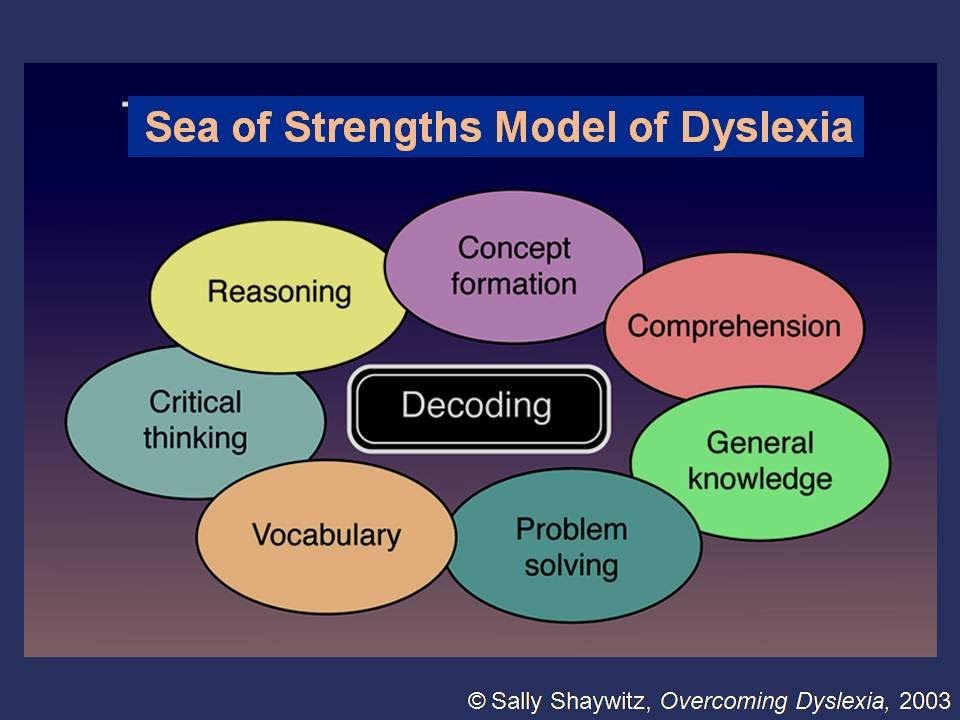Helping Your Child Overcome Dyslexia
It’s hard for parents to watch their kids struggle, and kids with dyslexia or a speech disorder have a particularly hard time in school. Consider going back to “school” to learn about your child’s difficulties and how best to help him. You won’t even have to worry about paying back more student loans. The Speech Buddies University offers online practice exercises and training videos so that you can learn how to help your child. In the case of dyslexia, early intervention is critical, as we discussed in yesterday’s post about new methods to diagnose dyslexia before the child even learns to read. If you believe your child might have dyslexia, take him to a speech-language pathologist (SLP) for an evaluation.
Does Dyslexia Affect My Child’s Intelligence?
No, not at all. Dyslexia is a language-based learning disability, also called a reading disability. Your child might have difficulty learning new words, seeing the similarities and differences between words, and difficulty spelling. Children with dyslexia often perceive letters or words in reverse (i.e. “dab” instead of “bad”). They may also have trouble processing spoken language (receptive language skills) and they may have been late talkers when they were very young. Your child might also have trouble remembering sequences or sounding out an unfamiliar word.
How Can I Help My Child Overcome Dyslexia?
Speech Therapy Techniques for Dyslexia
The first step in helping your child is to have him evaluated. Once he is diagnosed with dyslexia, your child’s speech therapist will develop a treatment plan. As well, talk to your child’s school about requesting special education services with an Individualized Education Program (IEP).
Your child’s speech therapist will help him by teaching him phonological awareness, which refers to an awareness of the sound structures of words. Your child will learn to identify and use individual units of sounds, like syllables. Once he has mastered this, it will help him with reading comprehension. The speech therapist will also work with your child on building his vocabulary and reading aloud.
At-Home Speech Therapy Techniques for Dyslexia
Talk to your child’s SLP about activities that you can do at home to accelerate his progress. If the SLP is using the Slingerlands Approach, a type of teaching method for dyslexic children that is sequential and multisensory, the SLP might recommend engaging your child by stimulating multiple senses. For example, you could use a tape recorder to record the week’s vocab list. Your child will listen to the recording as he practices writing the words.
Reading with your child is always recommended, whether or not he has dyslexia. However, certain reading techniques can be particularly helpful for a dyslexic child. As your child reads, encourage him to draw or scribble in a way that is related to the reading material. This encourages reading comprehension. While reading, stop and ask your child questions about the material. Ask him to write down his answers or draw a relevant picture or chart.




